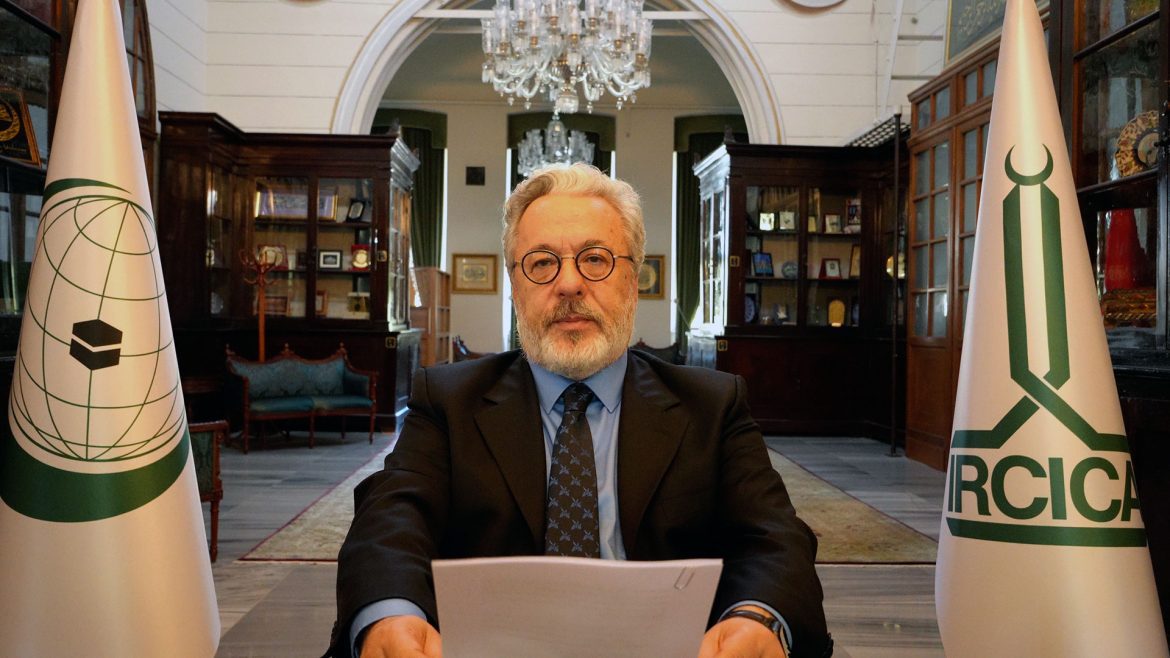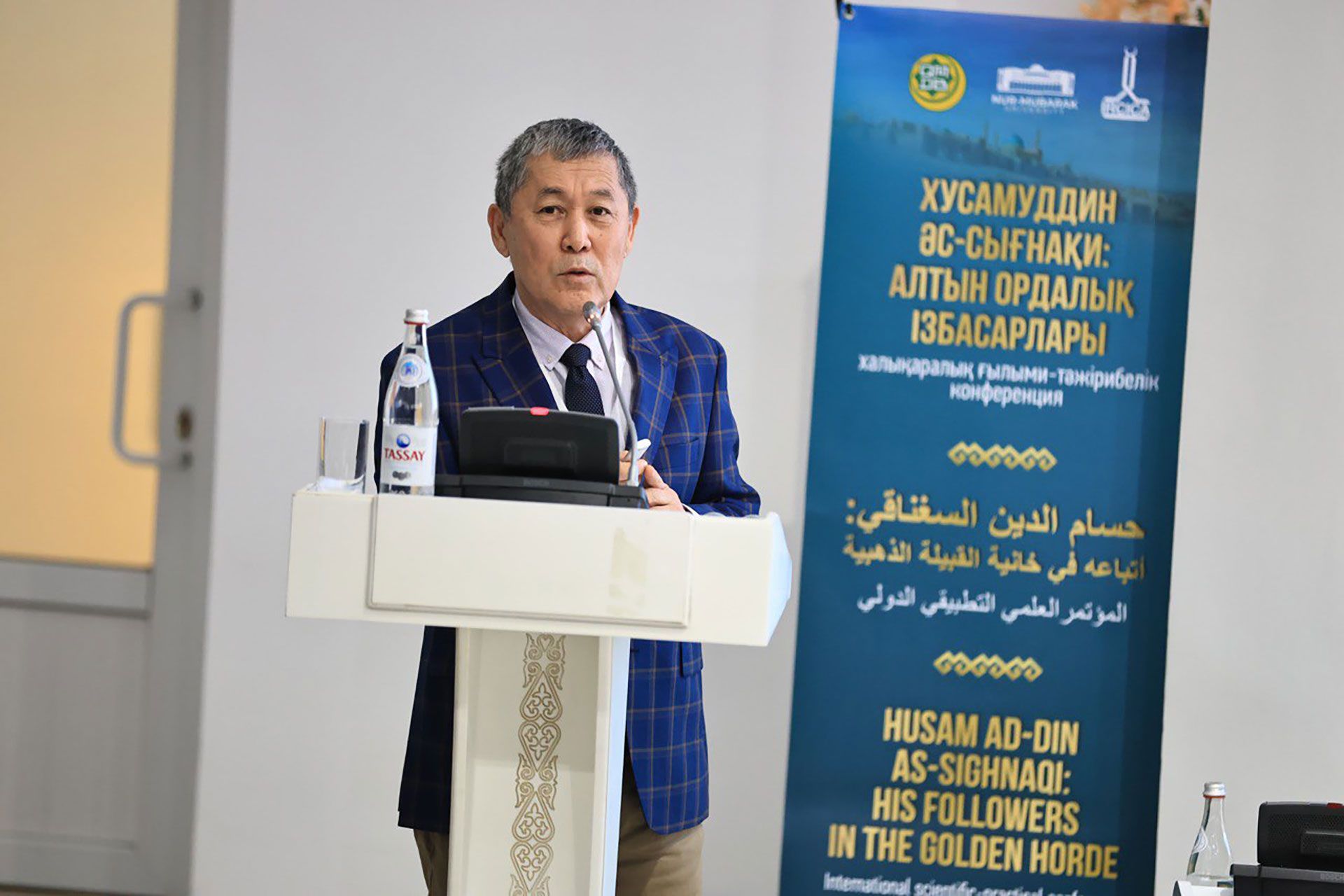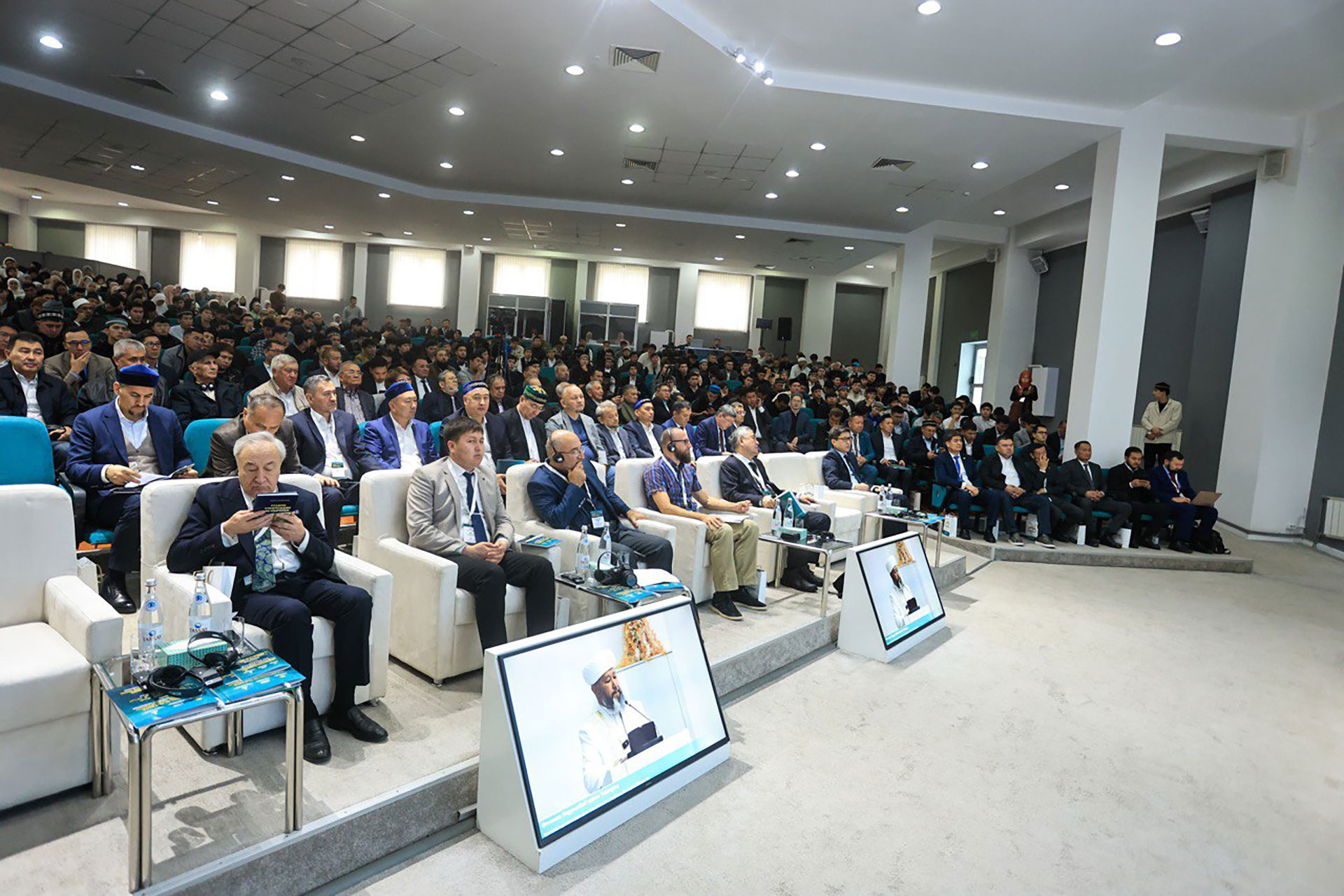The conference on “Husam ad-din as-Sighnaqi: His Followers in the Golden Horde” organized by the Religious Administration of Muslims of Kazakhstan, Nur-Mubarak Egyptian University of Islamic Culture, and IRCICA brought together 31 specialists from various countries who communicated findings, information on new research and publications, on the subject. Husam ad-Din as-Sighnaqi (d. 1314), a prominent scholar of Islamic jurisprudence, usul al-fiqh, and Arabic linguistics (sarf and nahv), and his successors who preserved and built upon his works, helped to lay solid foundations for Islamic scholarly traditions in Central Asia. The opening of the conference was officiated by Chairman of the Religious Board of Muslims of Kazakhstan, Chief Mufti Dr. Nauryzbai Haji Taganuly; the Rector of Nur-Mubarak Egyptian University of Islamic Culture, Prof. Ahmed Husein Muhammed Ibrahim; Mr. Yerzhan Nukezhanov, Chairman of the Committee on Religious Affairs of the Ministry of Culture and Information; Prof. Ali Gomaa, Former Supreme Mufti of Egypt; Prof. Mahmud Erol Kılıç, Director General of IRCICA; Prof. Ali Abdirasil Zharmenov, Academician of the National Academy of Kazakhstan. Two keynote speeches were given: Prof. Ashirbek Muminov, Consultant on Central Asian Studies, IRCICA, on “Jurjaniyya and Saray as Centers of Muslim Scholarship in the Golden Horde” and Prof. Kerim Shamseddin, Director of the Abu Hanifa Research Centre at Nur Mubarak University, on “The Significance of Husam ad-Din as-Sighnaqi’s Legacy in Strengthening the Scholarly Foundations of Traditional Islam in Kazakhstan”. The plenary session heard a number of comprehensive presentations, followed by the working sessions titled: “New contributions to the study of Husam ad-Din as-Sighnaqi: The Golden Horde School established by Husam ad-Din as-Sighnaqi”; “The Legacy of Husam ad-Din as-Sighnaqi in Contemporary Society’s Heritage of Ancestors: Research and Translations”.
IRCICA gives importance to collaborating with academic and cultural authorities of its member countries in Central Asia and other regions of the Muslim world to promote specialized studies on prominent scholars and scientists in the history of culture.







